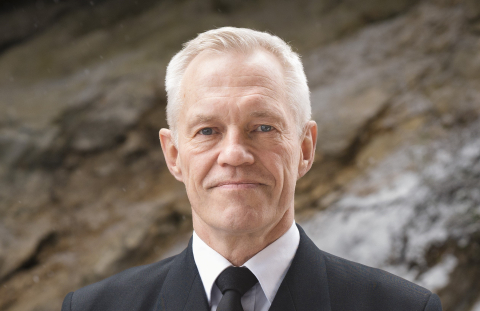
Practical information
The objective of this seminar is to try and outline the tendencies, processes or determinants that could affect climate negotiations between COP 15, in Copenhagen, and the upcoming conference in Cancún, and possibly alter its results: the increasing and increasingly visible impacts of climate change, the rise of new leaders or coalitions in the negotiations, and the development of alternative and possible competitive forums of governance. Such reflections will enable speakers and participants to give a first prospective analysis of the upcoming negotiations in Cancún.
The presentations and videos of the speeches are available below.
Other events

New geopolitical realities of the Arctic
Donald Trump’s announcement in January 2025 of his intention to seize Greenland has brought the Arctic back to the forefront of great power rivalries.

Doing politics in African cities: actors, causes and forms of urban social mobilization
From Maputo to Nairobi and from Lagos to Dakar: recently, African cities have been the theatre of mobilizations by groups of young protesters.






